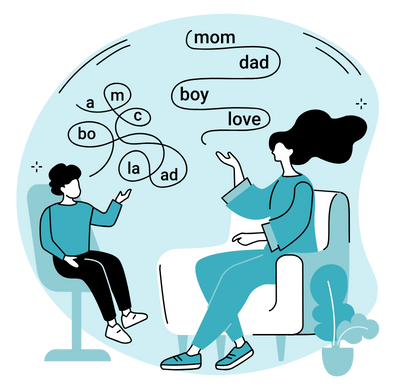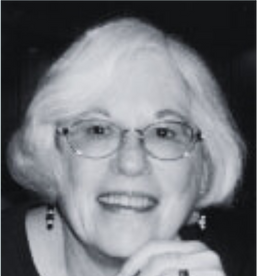One of the goals of the National Association of School Psychologist’s Autism Interest group is to identify the needs and supports of school psychologists. The Autism Services Research Group, in cooperation with the Interest group, is investigating school psychologists’ knowledge and skills in identifying, evaluating, and providing interventions for students with autism spectrum disorders. More than 1000 electronic and written surveys were sent to state-sponsored school psychology organizations as well as other interested parties in order to understand these issues, and more than 400 were returned. Results are currently being analyzed.

Research Aims
The Autism Services Research Group seeks to investigate many diverse questions that impact persons with autism and their families and, clinicians. Much of our efforts center on testing the effectiveness of the COMPASS intervention model that was created by Dr. Lisa Ruble and Nancy Dalrymple. The COMPASS Consultation Manual is for education consultants and professionals nationwide and beyond.
Our Team
Many members of the research team have interests that culminates in research and services in other areas. This has led to publications relating to public and private healthcare costs associated with autism, the impact of rurality on parent reports of services available and satisfaction, how social skills affect loneliness and friendships, as well as many other studies.

Lead Investigators and Team Members






Presentations and Publications
You can view a sampling of our collection of peer-reviewed journal articles generated by our team by clicking here.
Current Research
Building on our prior success of COMPASS, with new funding from the Institute of Education Science, we will expand COMPASS and test COMPASS Across Settings (CAST). CAST provides a wrap-around approach that includes autistic students, caregivers, special education teachers, and pre-employment specialists for comprehensive and improved transition planning and outcomes following high school.
Longitudinal Study of Adult Outcomes
About 20 years ago, Nancy Dalrymple and Lisa Ruble published one of the first studies challenging the ways outcomes were measured for individuals with autism and originally surveyed more than 40 young adults. The current study is a follow-up study with these individuals with a focus on their quality of life. All are in their 40s. Information on employment status, living situation, family support, and personal responsibilities will be assessed.
Past Research
Breath Ease: A Burnout Intervention for Special Education Teacher
With funding from the Institute of Education Sciences, we are adapting and testing an intervention called BREATHE designed to reduce special education teacher burnout and attrition and improve teaching quality, classroom climate, and student outcomes. You can learn more by clicking here.
Validation of an Implementation Strategy for Training Community-Based Consultants in COMPASS
With NIH funding, we are developing and testing a training package on COMPASS for community-based ASD specialists. You can learn more by clicking here.
Pilot Research on Services for Transition-Age Youth Improving Transition Outcomes in ASD using COMPASS
School Psychologists Knowledge of Autism Spectrum Disorders
COMPASS Manual Italian Transition
Pilot Research on Services for Transition-Age Youth Improving Transition Outcomes in ASD using COMPASS
With funding from National Institute of Mental Health, we have started a new study to understand the issues of transition for youth with ASD, what are the barriers for achieving good outcomes, what are the key outcomes, and how should they be measured. With this information, we will adapt COMPASS and conduct two pilot randomized controlled trials. We will evaluate how well COMPASS works for achieving positive outcomes following school.
School Psychologists Knowledge of Autism Spectrum Disorders
With funding from the University of Kentucky Intramural Research Support, we have started a new study in collaboration with the Dr. Donna Murray and clinicians of the University of Cincinnati Children’s Hospital Kelly O’Leary Center for Autism Spectrum Disorders. The objective of this study is to develop and test the sensitivity, validity, and, reliability of measures designed to evaluate how well services are family-centered, if we are engaging families in the care for their child with ASD, and if desired treatment goals are being met. A range of patient-centered assessment tools exist (e.g., patient activation), but there has been little work on assessing these concepts from the family caregiver perspective. Given that the majority of parents are the primary, lifelong, decision-makers for their child with ASD, family-centered approaches hold promise for improving the quality of life of children with ASD and their families.
COMPASS Manual Italian Transition
